Category: Pilots
-
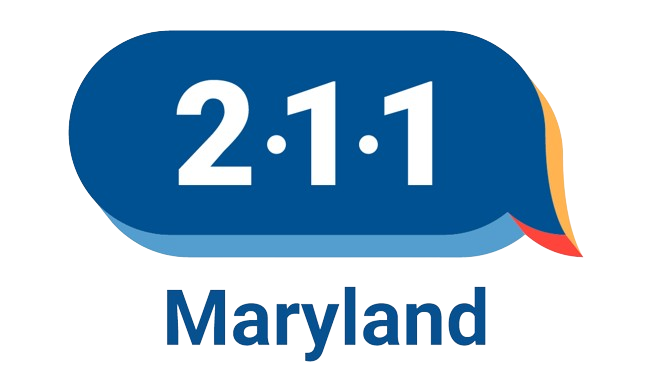
Resource data as a service: 2-1-1 Maryland’s new integration with their state’s healthcare IT infrastructure
We’ve partnered with 2-1-1 Maryland over many years, so we’re especially proud of their recent partnership with CRISP – Maryland’s Health Information Exchange – and Maryland’s Department of Health. This year, we helped 211MD and CRISP develop a groundbreaking partnership with MDH’s Primary Care Program. The results of this partnership point to exciting new horizons…
-
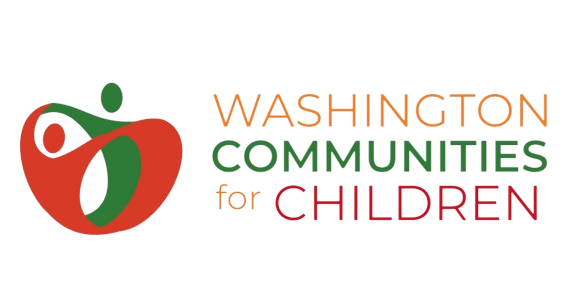
Washington Communities for Children: developing the resource directory information supply chain
Washington Communities for Children (WCFC) is a network of early childhood coalitions – groups of local parents, child care providers, non-profits, public agencies, school districts, etc. – dedicated to improving the wellbeing of children, families, and communities acrossWashington state. In 2022, the Washington State Department of Health enlisted WCFC in its Early Childhood Comprehensive Systems…
-
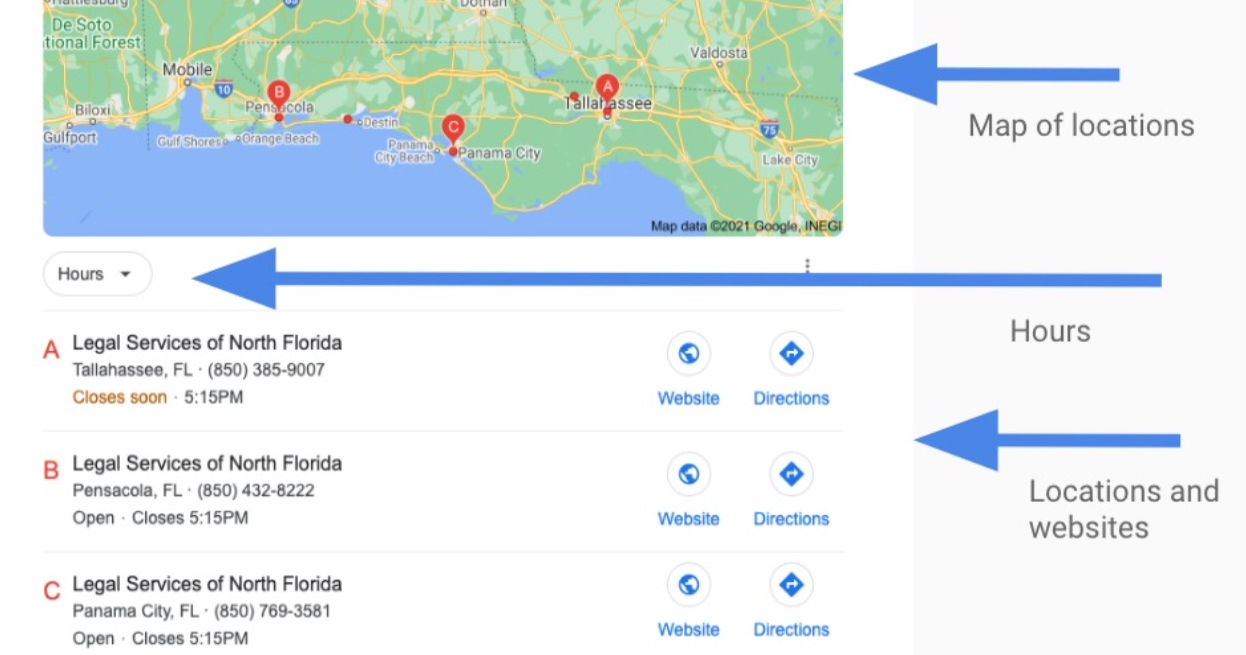
Improving access to legal aid by improving search results with schema.org
Despite the vast amounts of information on the Web, finding reliable information about legal services through internet searches is harder than many expect. Basic searches — for needs like assistance with evictions, help with public benefits, or protection from domestic violence — often turn bewildering as results on Google, among other search engines, typically seem…
-
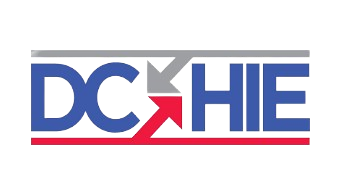
Evolving the DC Community Resource Information Exchange’s Inventory Capabilities
In the District of Columbia, we’re developing a new approach to the very old problem of resource directory information management. Years ago we shared the story of the first phase of our work here on this blog, and we’re now excited to share results from our second phase. The DC Community Resource Information Exchange initiative…
-

LOOP: Resource Data Collaboration, Live at Leeds
Leeds, a city in the North of England, has developed an open-source API-based service directory data infrastructure. LOOP (Leeds Open Online Platform) provides a way for the city’s local authority, voluntary sector and private partners to collaborate on a shared information repository. The City Digital Partnerships Team is currently leading the project. We are hosted…
-
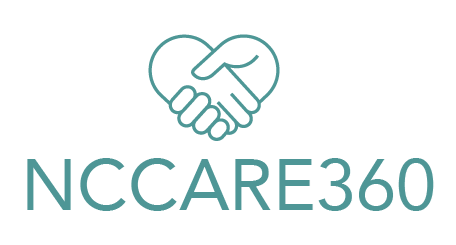
Introducing NCCARE360: a coordinated statewide resource referral platform
[This post is from Laura Marx, President and CEO of United Way of North Carolina. Welcome, Laura!] In 2019, the first statewide health and human service care coordination platform launched in North Carolina: NCCARE360. Part of a broader healthy opportunities network envisioned by the state Department of Health and Human Services (NC DHHS) — NCCARE360…
-

Release Announcement: Benetech Service Net upgrade
[Welcome back to the blog, Benetech! This post is from KP Naidu, VP of Benetech Labs, with an update on their Service Net.] Here in Benetech’s home of the San Francisco Bay Area, our communities are facing compounding crises: the pandemic, economic crisis, and most recently out of control wildfires forcing thousands of evacuations…
-
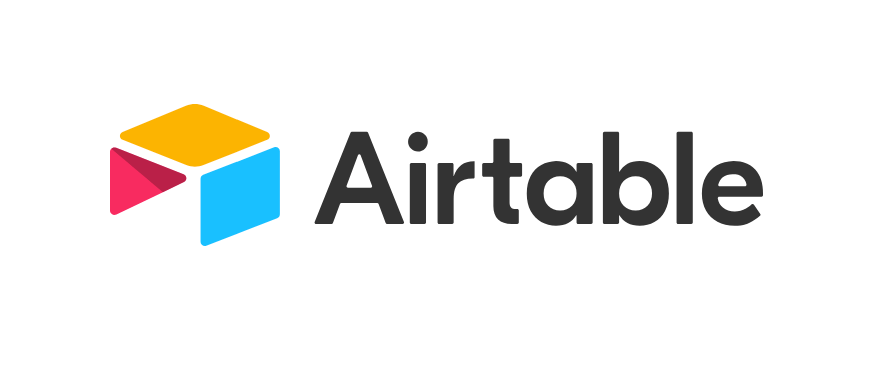
Delivering Open Referral Solutions with Airtable
In 2018, with a small grant provided by the Alliance of Information and Referral Systems to the Sahana Software Foundation, Sarapis developed an Airtable template of a community resource database using Open Referral’s Human Services Data Specification (HSDS). This project responded to a need articulated by many in our community for a lightweight, easy-to-use resource…
-
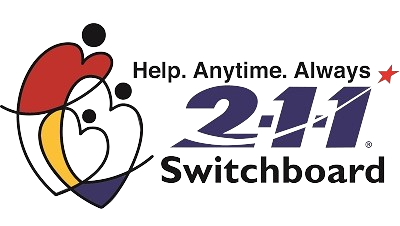
Miami Open211: developing new business models for resource data-as-a-service
Open Referral has been helping the Miami-Dade 2-1-1 Helpline explore new kinds of partnership models that can deepen the impact of their operations while enhancing the sustainability of their program. (In 2017, we reported on the first phase of our … Continue reading →
